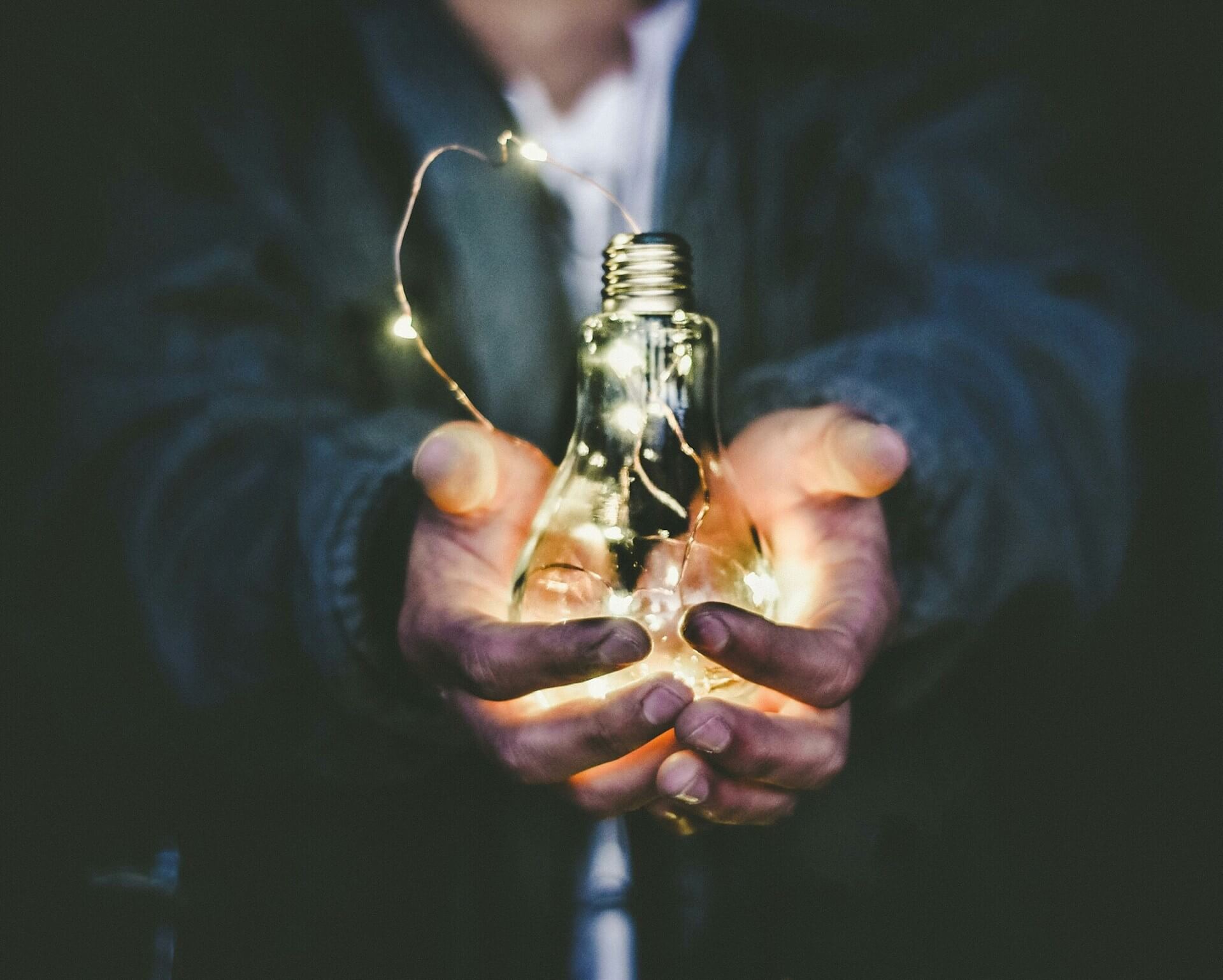In a world increasingly dominated by rapid technological advancements and scientific discoveries, ancient practices continue to captivate our interest. Among these, energy healing stands out, drawing in individuals seeking health solutions.
This intriguing domain merges the mind-body connection with a blend of modern science and ancient wisdom. Whether you’re a curious skeptic or an avid practitioner, understanding the science behind the healing of the energy can shed light on its transformational potential.
The allure of healing lies in its promise of balanced well-being by aligning the body’s energetic pathways. But what exactly is energy healing? How does it claim to transform the mind and body?
This post will unravel these questions by exploring the principles of healing, its techniques, and the scientific studies supporting its efficacy. We’ll examine its role in health, discuss how it serves as a form of transformative therapy, and highlight key insights into the mind and body connection.
By the end, you’ll have a well-rounded understanding of this alternative practice and its place in modern health care.
Understanding Energy Healing
Energy healing is a practice based on the belief that the human body comprises energy fields that can be manipulated to promote health and wellness. It involves various techniques designed to restore balance and facilitate healing by removing energy blockages.
Practitioners often use their hands to channel or redirect energy, aiming to remove negative energies and encourage positive flow throughout the body.
Central to the practice is the concept of the biofield, an electromagnetic field believed to surround and permeate the human body. This idea is not unlike the concepts found in traditional Chinese medicine and Ayurveda, which reference life energies such as Qi and Prana.
Although these notions may seem esoteric, many practitioners and recipients attest to their efficacy, reporting benefits like stress reduction, pain relief, and improved mental clarity.
Scientific interest in energy healing has grown, prompting studies on its physiological and psychological effects. While some researchers focus on the placebo effect as a potential explanation, others investigate measurable changes in brain activity and physiological responses.
Despite varying opinions, energy healing’s popularity underscores a growing interest in complementary and alternative medicine strategies.
The Techniques of Energy Healing
Energy healing encompasses several techniques, each with its unique approach and benefits. These methods often share the same foundational beliefs about the body’s energetic nature yet differ in their execution and focus. Here, we’ll explore some of the most widely practiced forms:
Reiki
Originating from Japan, Reiki is among the most well-known healing practices. During a session, practitioners channel energy through their hands into the recipient’s body to promote relaxation and healing. The gentle, non-invasive approach appeals to many seeking stress relief and emotional balance.
Reiki practitioners believe that life force energy flows through everyone, and imbalances can lead to physical or emotional issues. By restoring this balance, Reiki aims to support the body’s natural healing processes.
Studies on Reiki have shown promising results, including reduced anxiety and improved mood, though further research is needed to solidify its scientific foundation.
Acupuncture
Acupuncture, a staple of traditional Chinese medicine, involves inserting fine needles at specific points on the body to stimulate energy flow. Though initially met with skepticism in the West, acupuncture has gained credibility and popularity for its ability to address pain, migraines, and other ailments.
Scientific research on acupuncture has produced mixed results, with some studies highlighting its effectiveness, while others attribute positive outcomes to placebo effects.
Nonetheless, the practice continues to attract those seeking alternatives to conventional treatments, particularly for conditions resistant to pharmaceuticals.
Qigong
Qigong, an ancient Chinese practice combining movement, meditation, and rhythmic breathing, focuses on cultivating and balancing life energy. Often described as a moving meditation, Qigong promotes physical and mental well-being through a series of gentle exercises.
Qigong practitioners report benefits such as increased vitality, improved mood, and enhanced cognitive function. Scientific studies have explored Qigong’s impact on stress reduction and immune function, with several indicating positive outcomes.
Despite the need for more rigorous research, Qigong remains a popular choice for those seeking a practical and accessible form of energy work.
Benefits of Energy Healing
Energy healing offers numerous benefits that appeal to a wide range of individuals seeking holistic health solutions. These advantages stem from the practice’s focus on balancing the body’s energy systems and enhancing overall well-being.
Stress Reduction
One of the primary benefits of healing is its potential to alleviate stress. Techniques such as Reiki, Qigong, and acupuncture promote relaxation by activating the parasympathetic nervous system, which counteracts the body’s stress response.
By reducing stress, energy healing may contribute to improved mood and emotional balance, enhancing overall quality of life.
Pain Management
Healing techniques have been reported to alleviate pain, making them attractive options for those seeking alternative or complementary therapies. Acupuncture, in particular, has gained recognition for its ability to address chronic pain, migraines, and tension headaches.
While scientific studies continue to explore these effects, many individuals swear by energy healing as a non-pharmaceutical solution.
Enhanced Mind-Body Connection
Energy healing fosters a deeper awareness of the mind-body connection, a concept central to health. By promoting self-awareness and mindfulness, practitioners and recipients alike gain insights into the interplay between physical and emotional well-being.
This enhanced understanding can lead to healthier lifestyle choices and improved self-care practices.
Scientific Studies on Energy Healing
Although energy healing remains a topic of debate, scientific studies have begun to illuminate its effects and potential mechanisms. While some attribute the benefits primarily to placebo effects, others have found evidence of physiological changes and improved health outcomes.
Brain Activity and Energy Healing
Researchers have used electroencephalogram (EEG) technology to study brain activity during healing sessions.
Preliminary findings suggest that energy healing may induce changes in brain wave patterns, potentially contributing to relaxation and stress reduction. Further studies are needed to confirm these results and explore their implications.
Immune System Function
Several studies have investigated the impact of healing on immune function, with some reporting positive effects.
For example, research on Qigong has shown improvements in immune markers, suggesting potential benefits for individuals with compromised immunity. While these findings are promising, additional research is required to establish a robust scientific basis.
Pain Perception
Research into energy healing’s effects on pain perception has produced mixed results. Some studies indicate that techniques like Reiki and acupuncture can reduce pain, while others find no significant difference compared to placebo treatments.
Despite these discrepancies, energy healing’s popularity persists, driven by anecdotal evidence and individuals’ personal experiences.
Energy Healing as Transformative Therapy
Energy healing’s holistic approach makes it a valuable form of transformative therapy, addressing not only physical symptoms but also emotional and spiritual well-being.
This comprehensive perspective distinguishes it from conventional medical treatments and appeals to those seeking a more integrative approach to health care.
Emotional Healing
This can facilitate emotional healing by helping individuals release negative emotions and thought patterns. Techniques such as Reiki and Qigong promote relaxation and self-reflection, enabling recipients to process emotions and achieve greater emotional balance.
This aspect of energy healing is particularly attractive to those struggling with stress, anxiety, or depression.
Personal Growth
Beyond addressing specific health concerns, energy healing can support personal growth and self-discovery.
By nurturing the mind-body connection and fostering mindfulness, individuals often gain new insights into their lives and relationships. This expanded awareness can lead to profound personal transformation and a deeper sense of purpose.
Complementary Approach
It complements conventional medical treatments, offering an integrative approach to health care. Many individuals find that combining energy healing with traditional therapies enhances their overall well-being and supports lasting change.
This synergy underscores the potential for healing to serve as a powerful tool for holistic health and personal development.
Integrating Energy Healing into Holistic Health
Incorporating energy healing into a health regimen can enhance overall well-being and support personal transformation. By combining traditional medical treatments with healing practices, individuals can address multiple aspects of their health and achieve greater balance.
Creating a Balanced Routine
To maximize the benefits of energy healing, consider integrating it into a balanced health routine. This may involve scheduling regular sessions with a practitioner or participating in group classes, such as Qigong or Tai Chi.
Complement these practices with other self-care activities, such as meditation, yoga, or journaling, to support overall well-being.
Setting Intentions
When engaging in healing practices, setting intentions can help focus your efforts and amplify the benefits. Reflect on your goals for each session, whether it’s stress reduction, emotional healing, or personal growth.
By aligning your energy with your intentions, you can create a more powerful and meaningful healing experience.
Exploring Various Techniques
Experimenting with different healing techniques can help you discover which practices resonate most with you. While some individuals may find great benefit from Reiki or acupuncture, others may prefer the meditative movement of Qigong or Tai Chi.
Explore various modalities to create a personalized healing routine that supports your unique needs and preferences.
Conclusion
The science behind healing reveals a fascinating interplay between ancient wisdom and modern research. This holistic practice offers a wealth of potential benefits, from stress reduction and pain management to enhanced mind-body connection and personal growth.
While ongoing scientific studies continue to explore its mechanisms and efficacy, countless individuals have already experienced its transformative effects firsthand. For those interested in incorporating healing into their lives, there are numerous techniques to explore, each offering unique benefits.
Whether you’re a seasoned practitioner or a curious newcomer, energy healing has the potential to transform your mind and body, supporting holistic health and well-being.
To learn more about healing and its applications, consider consulting a qualified practitioner or joining a local class to deepen your understanding and experience.







